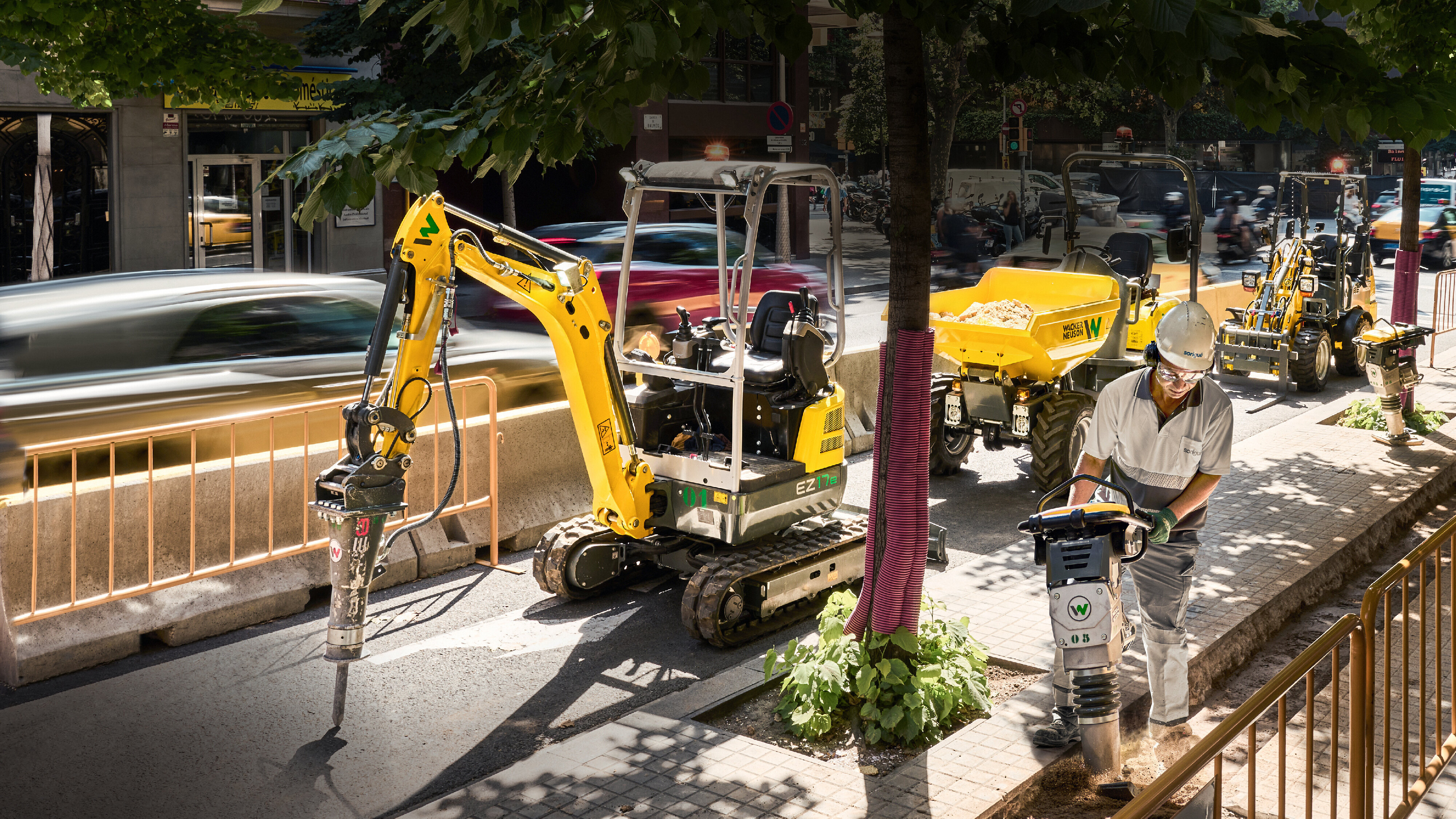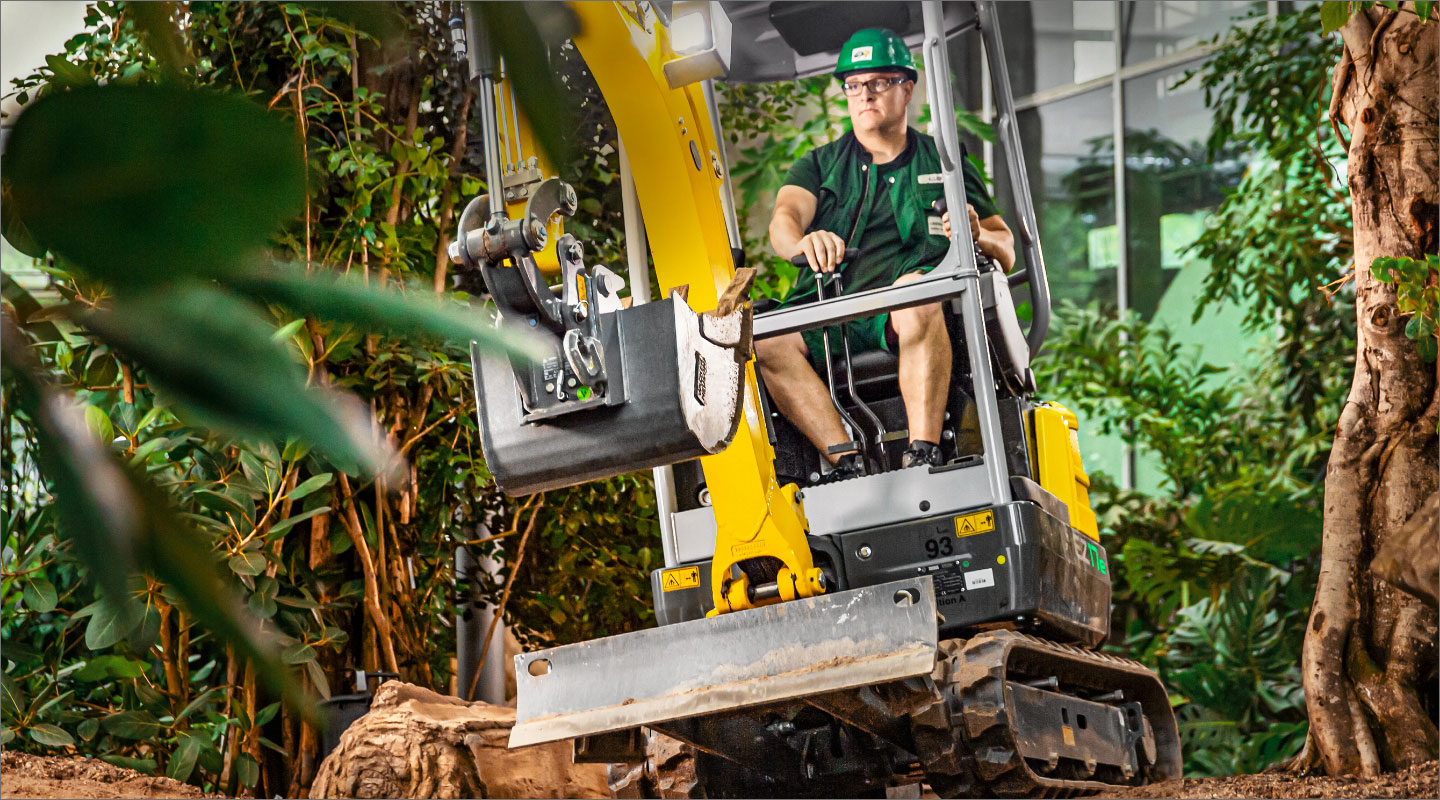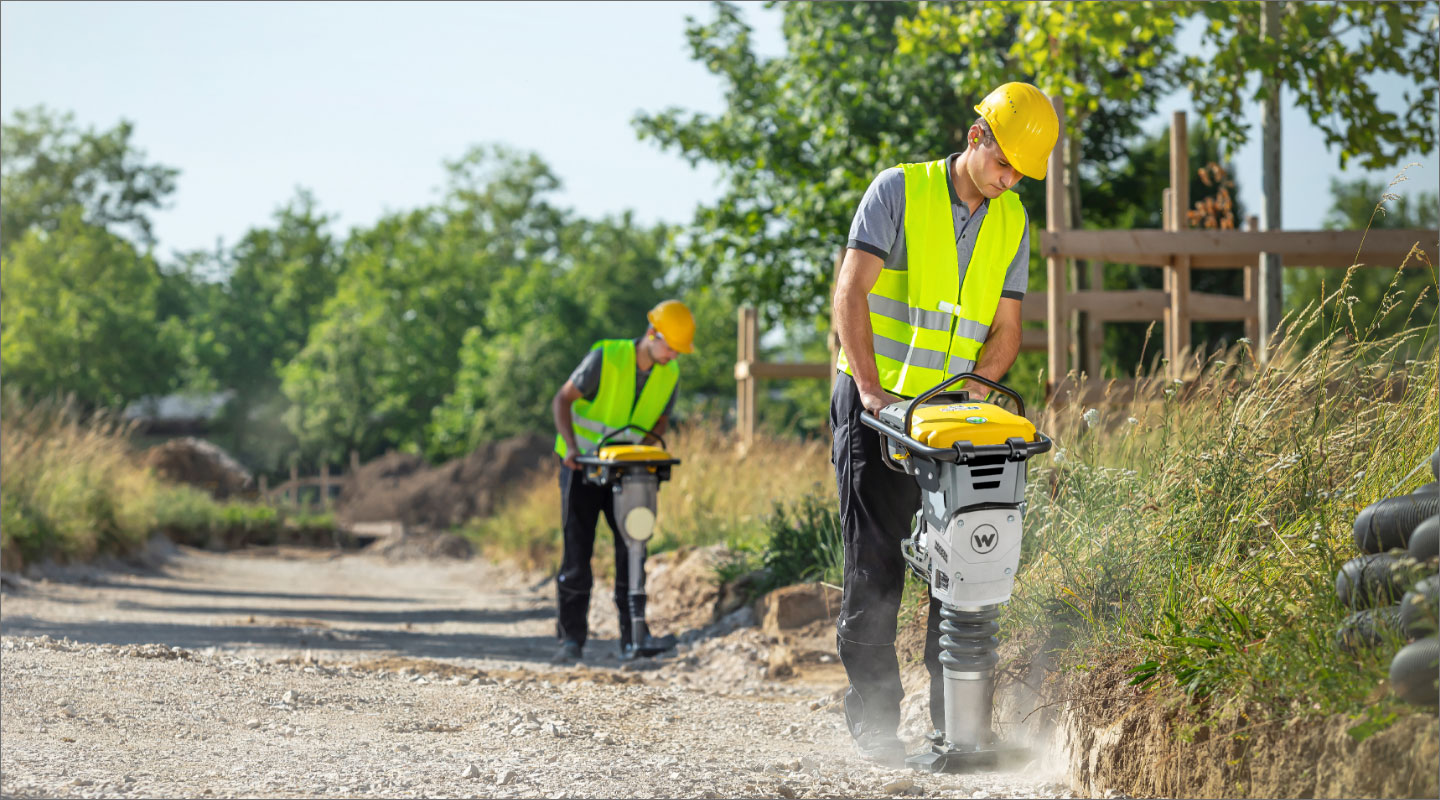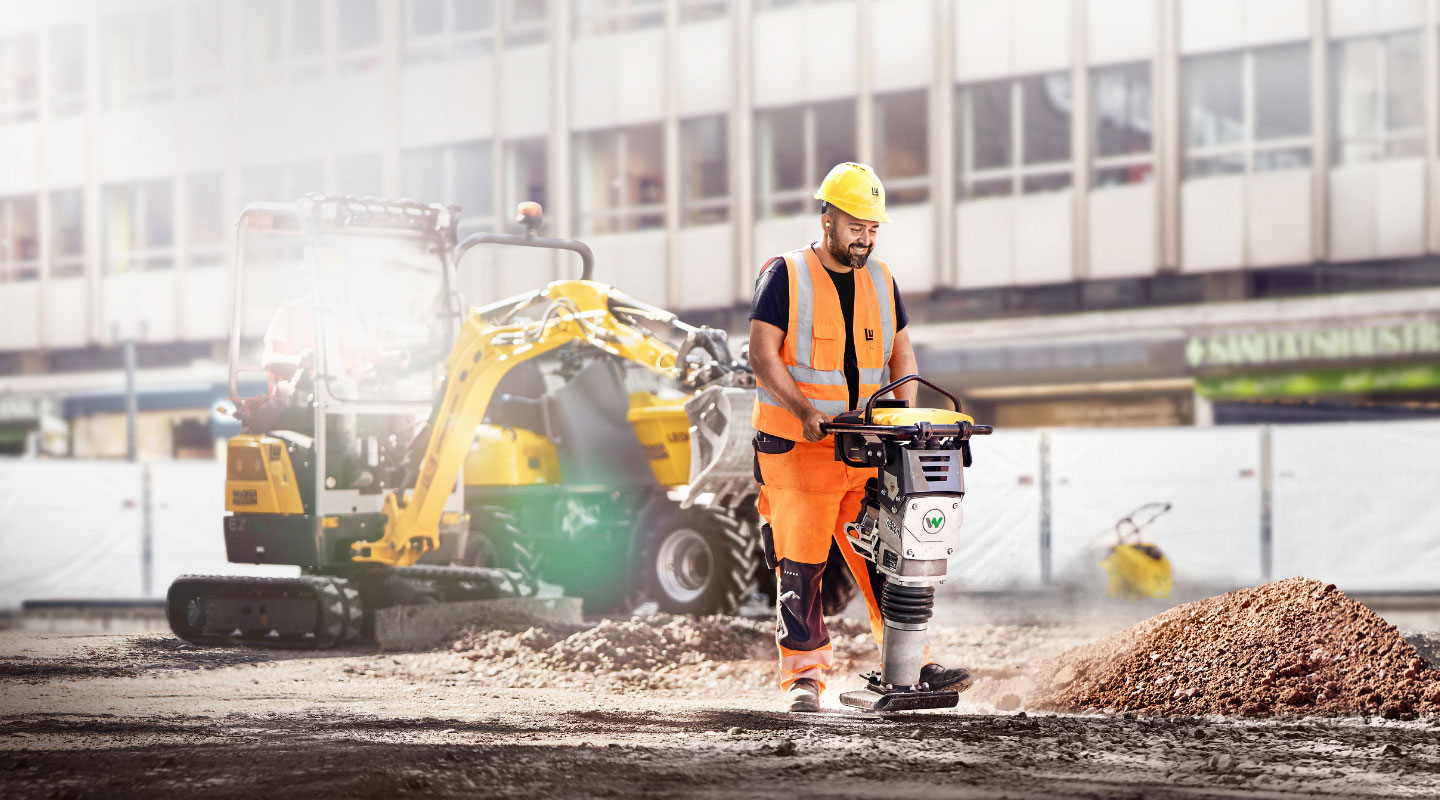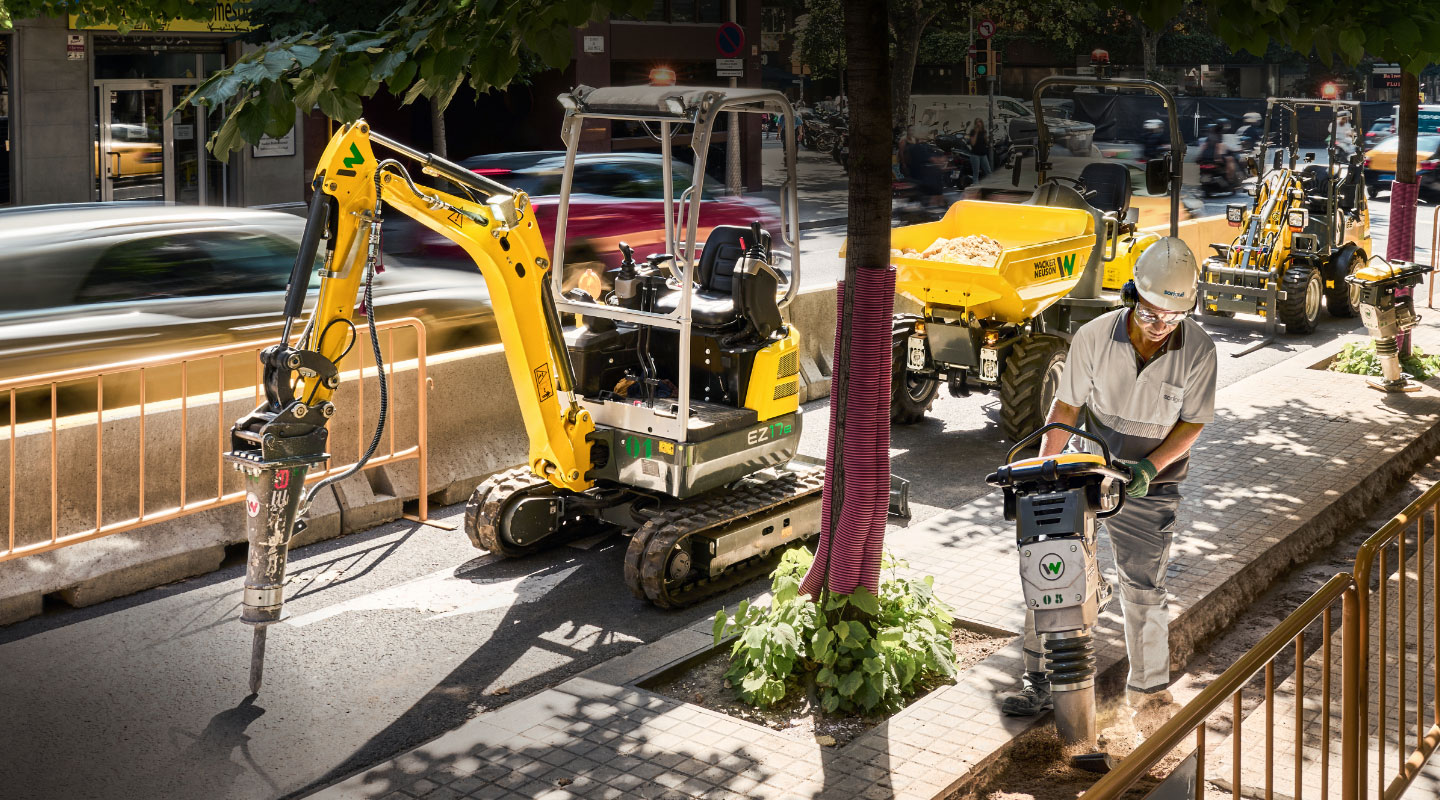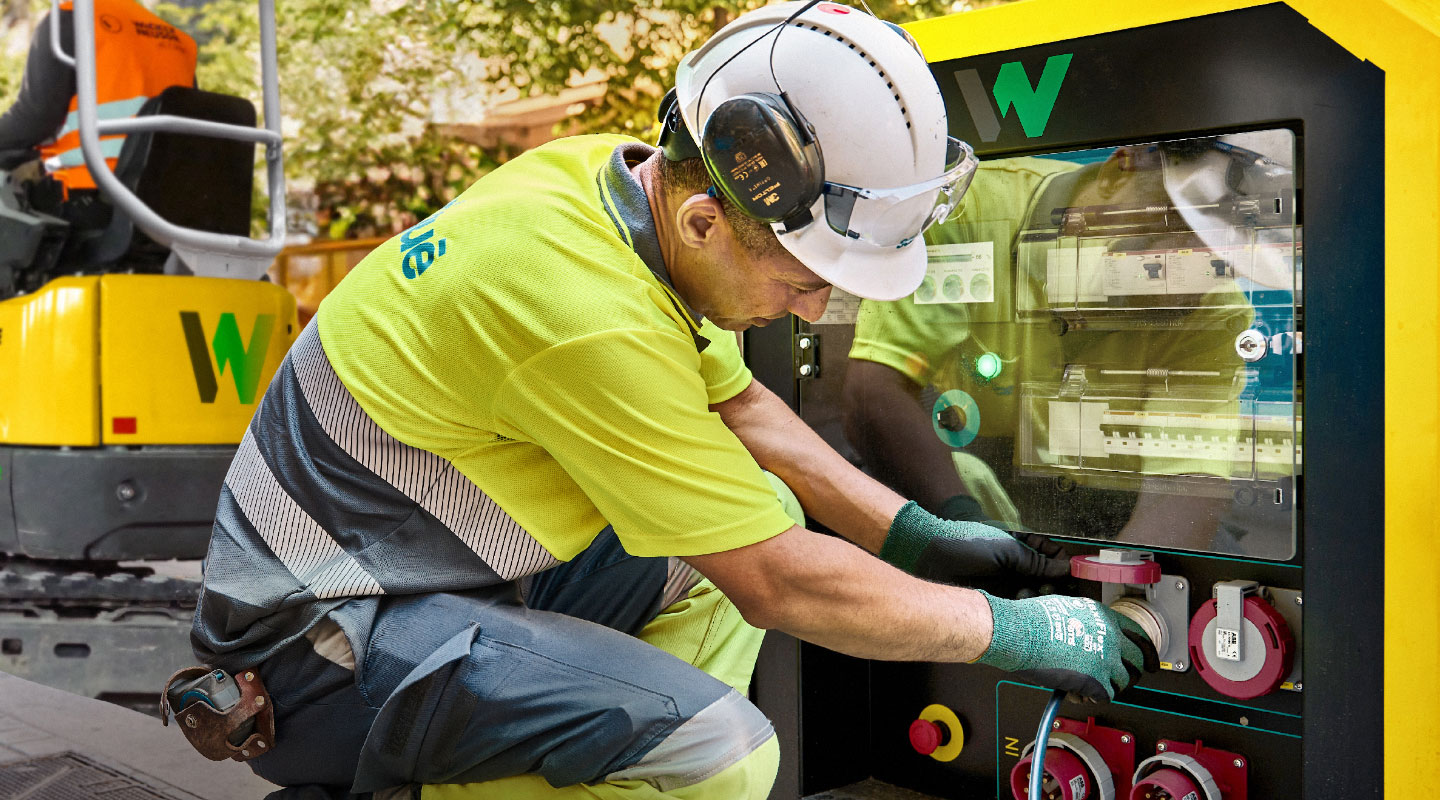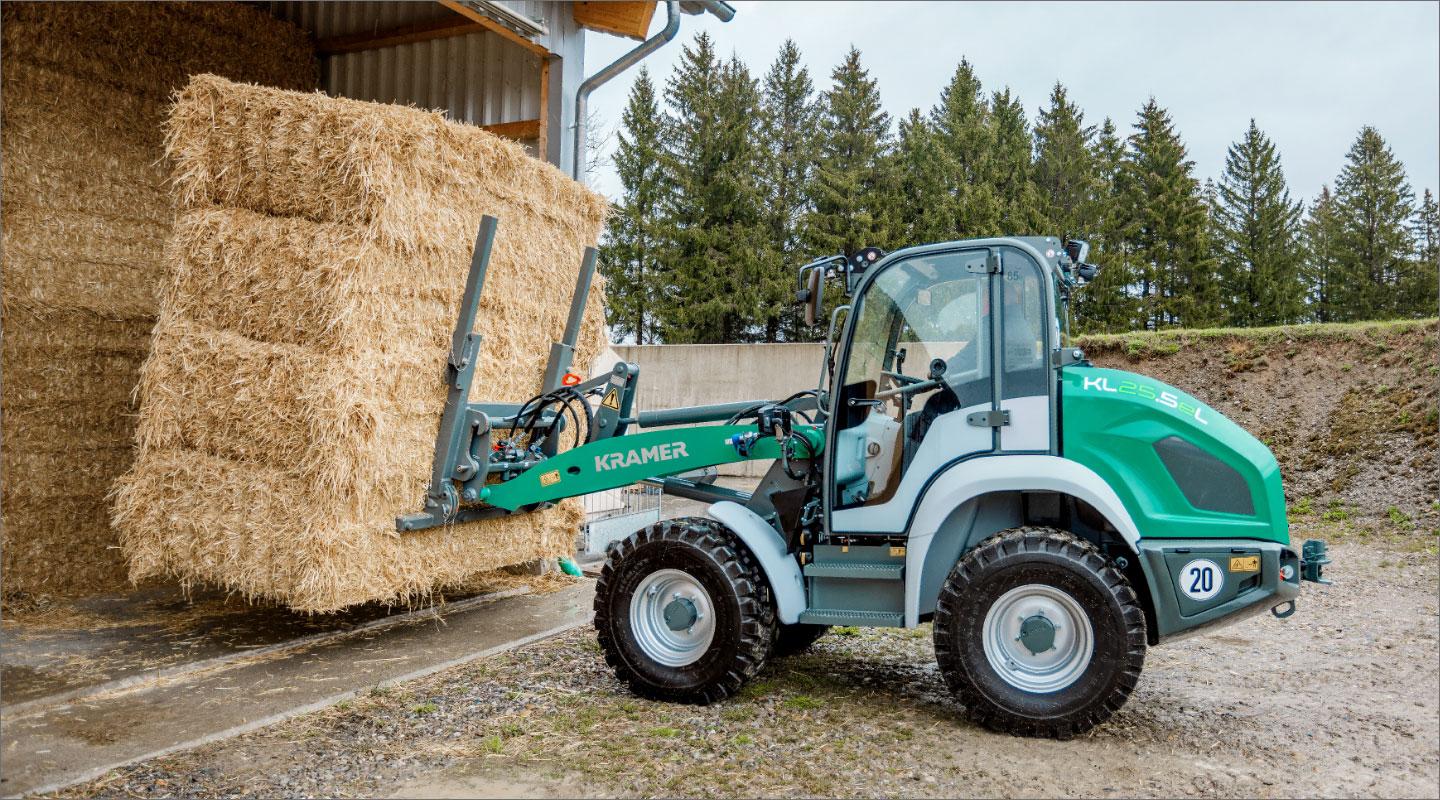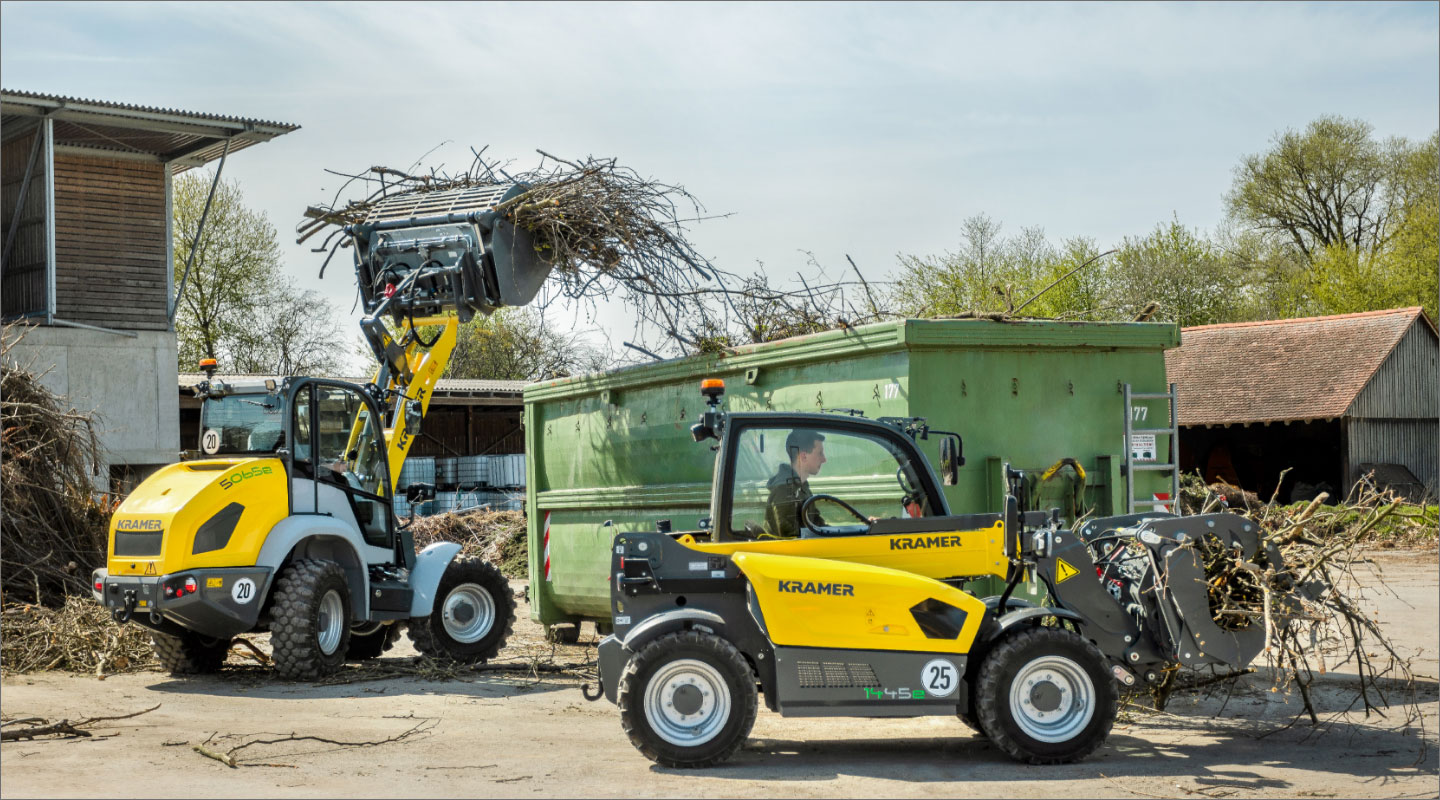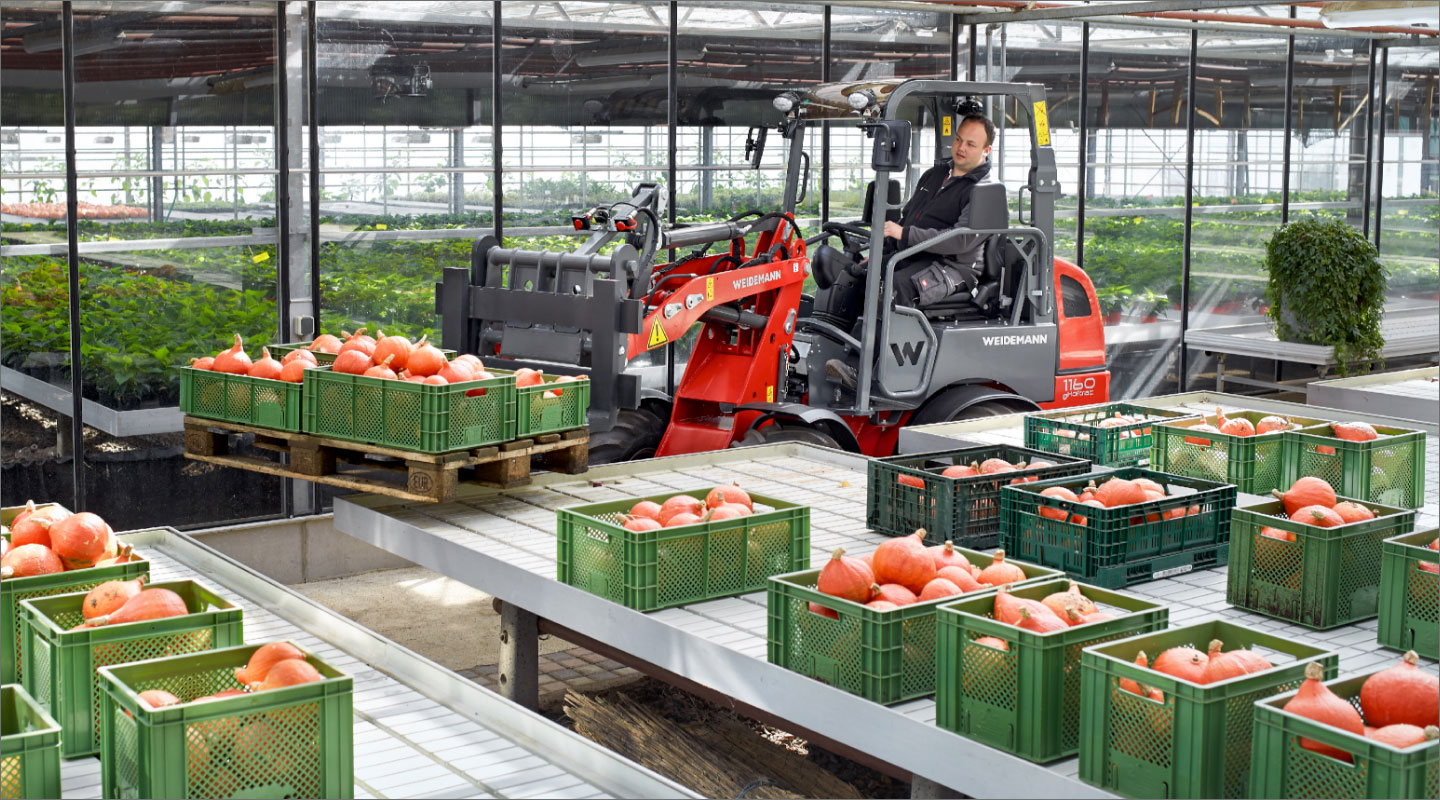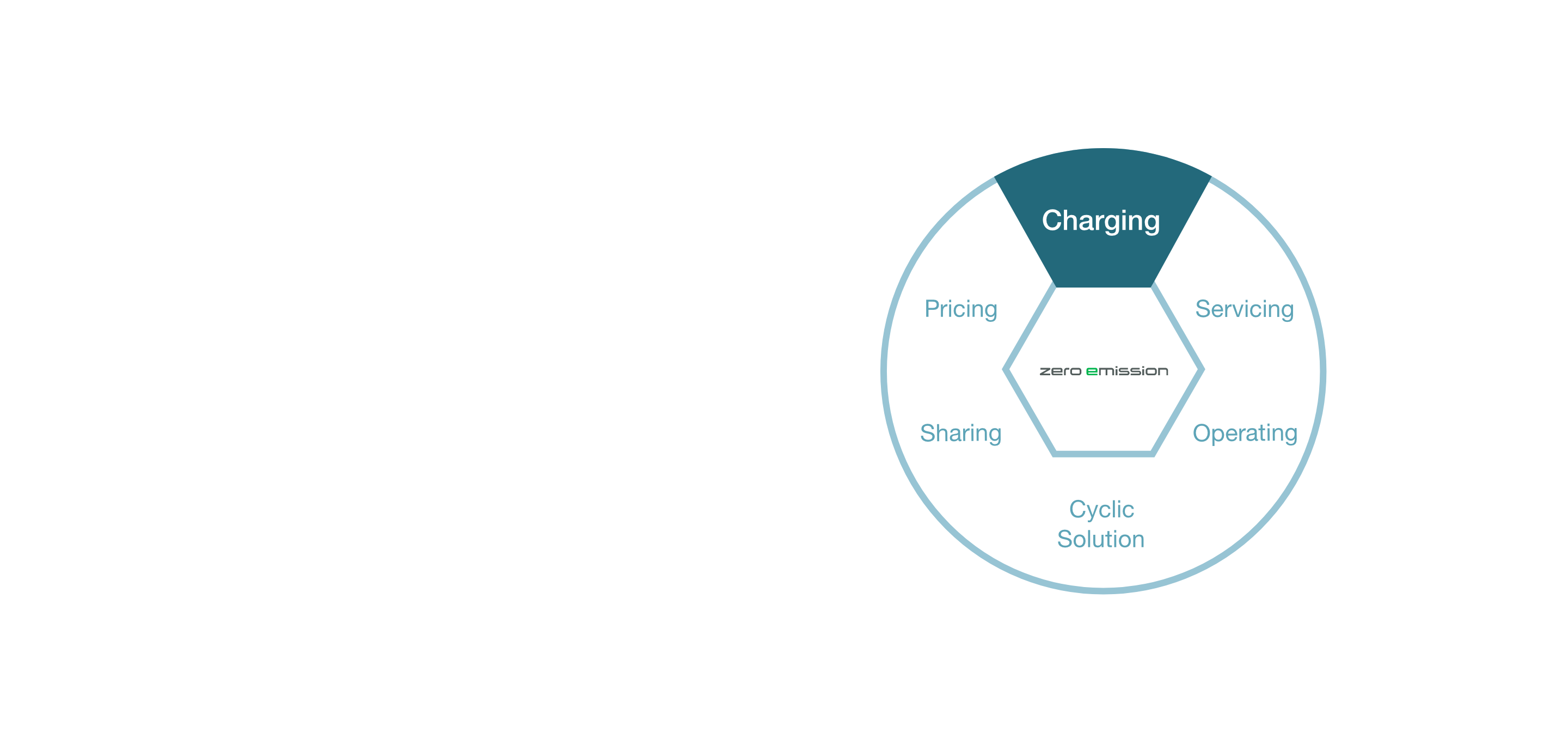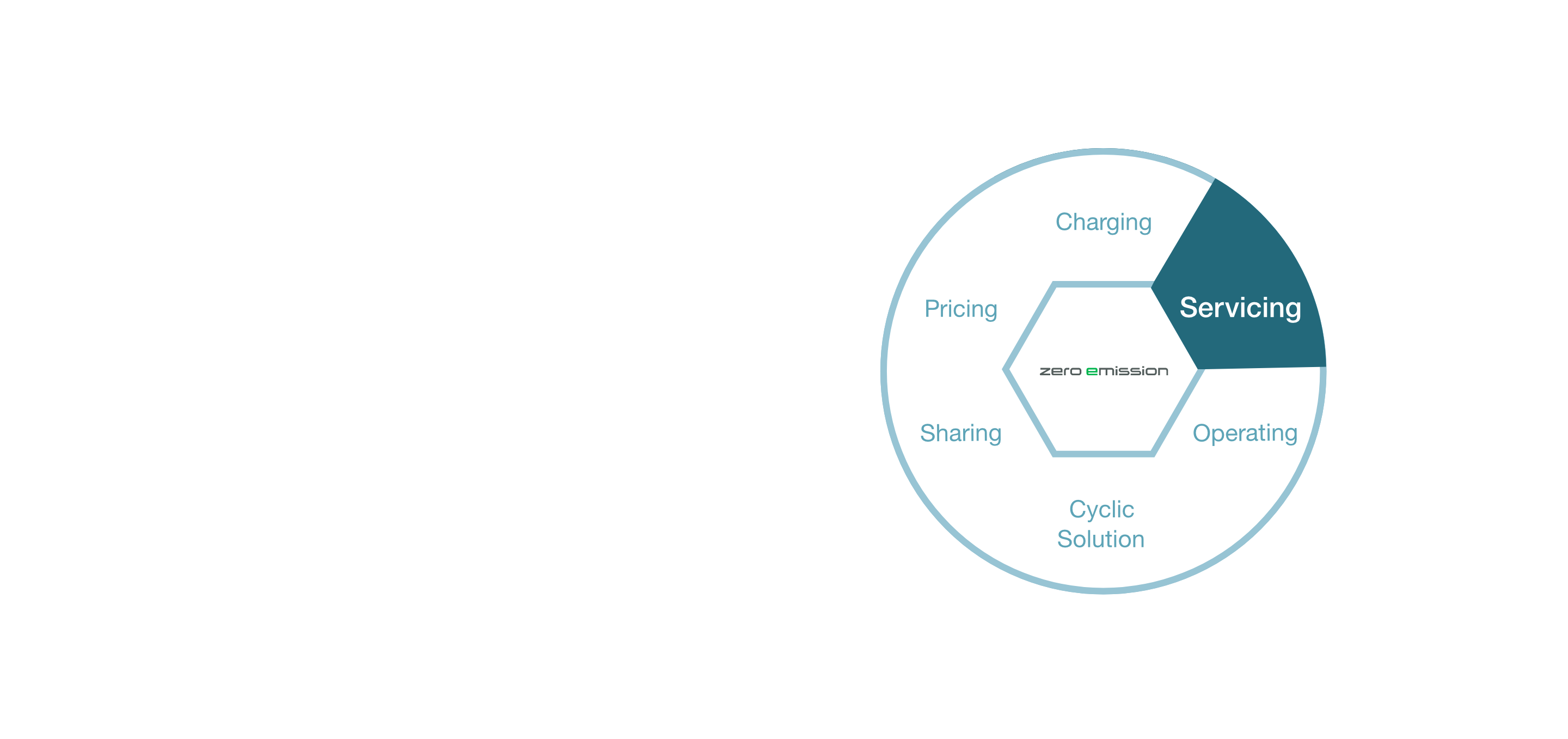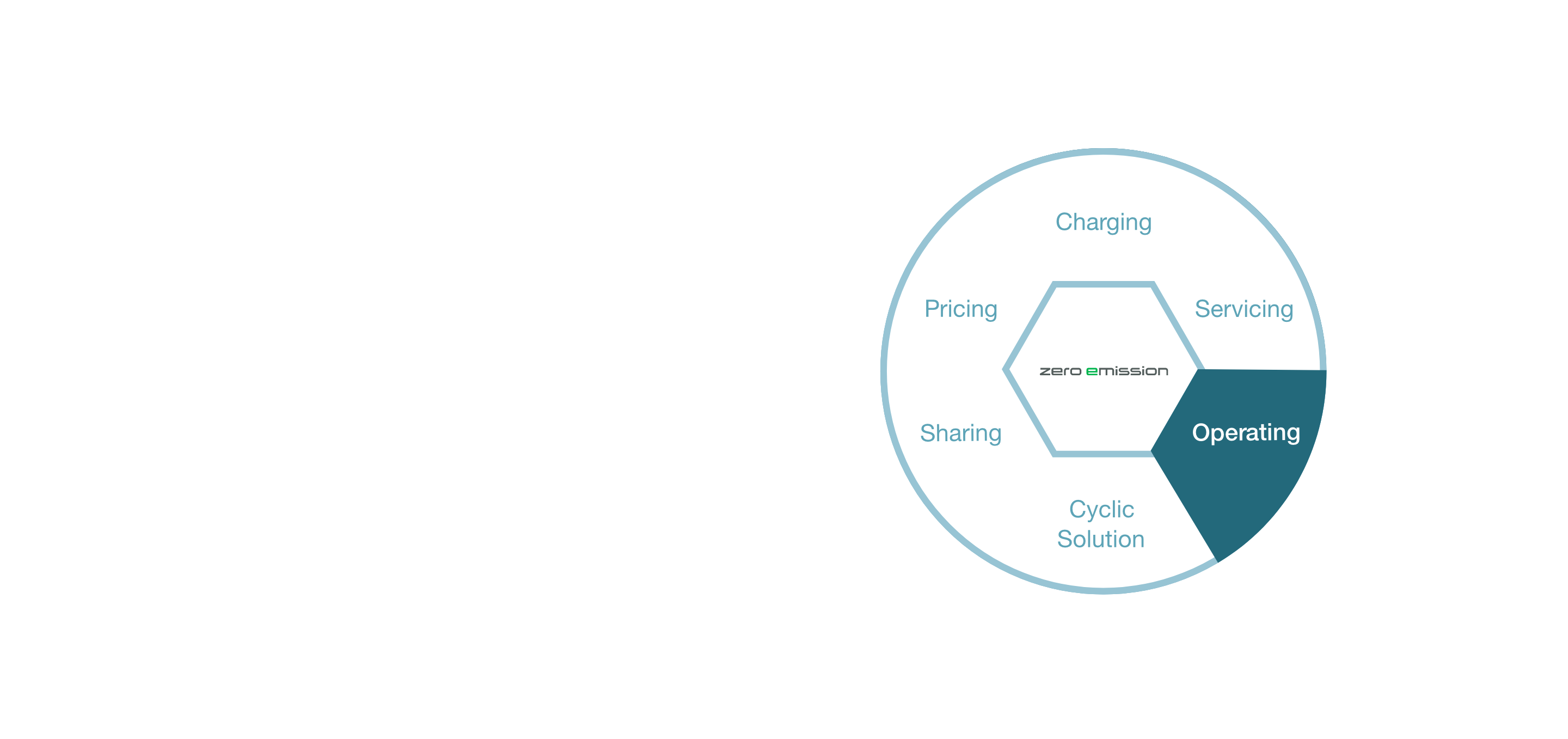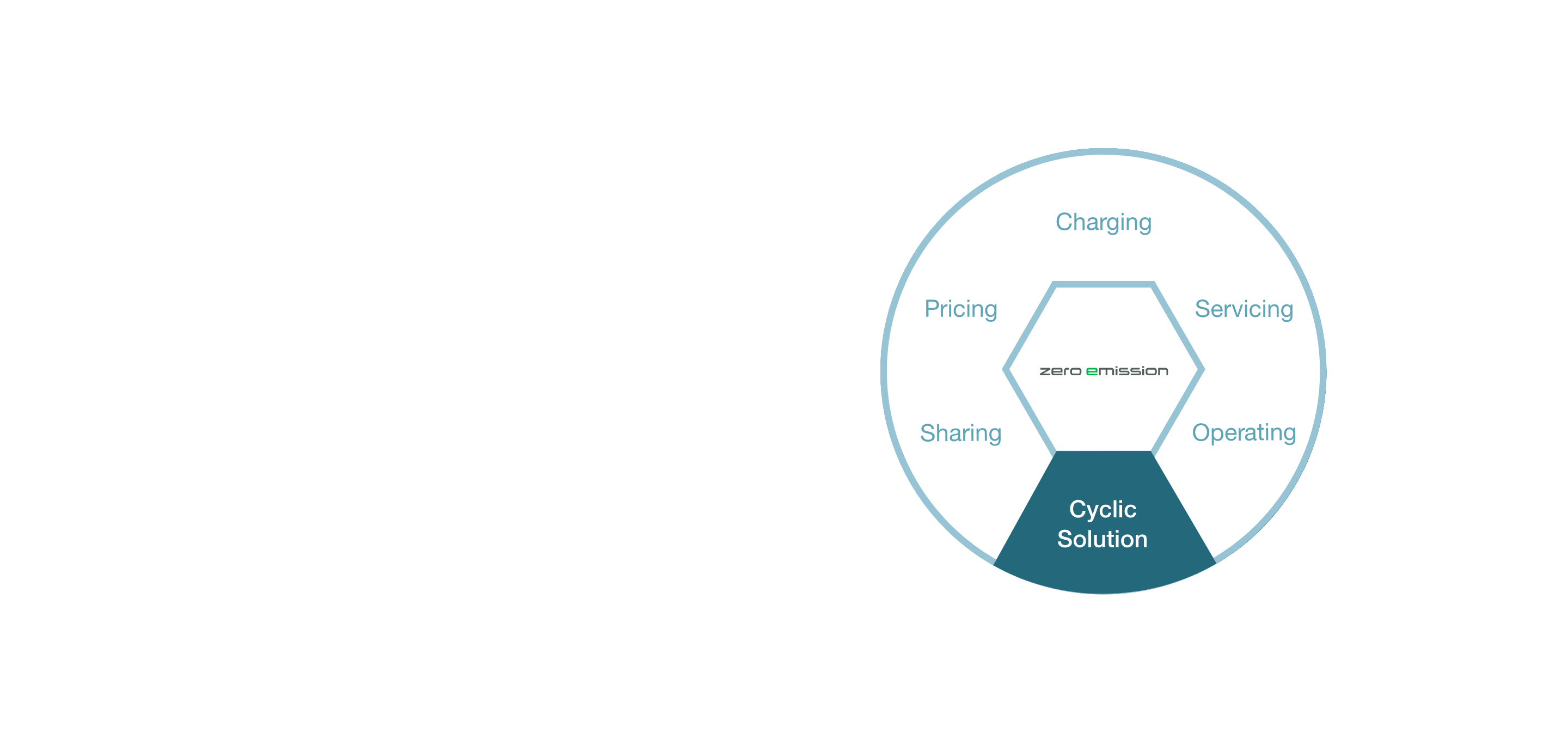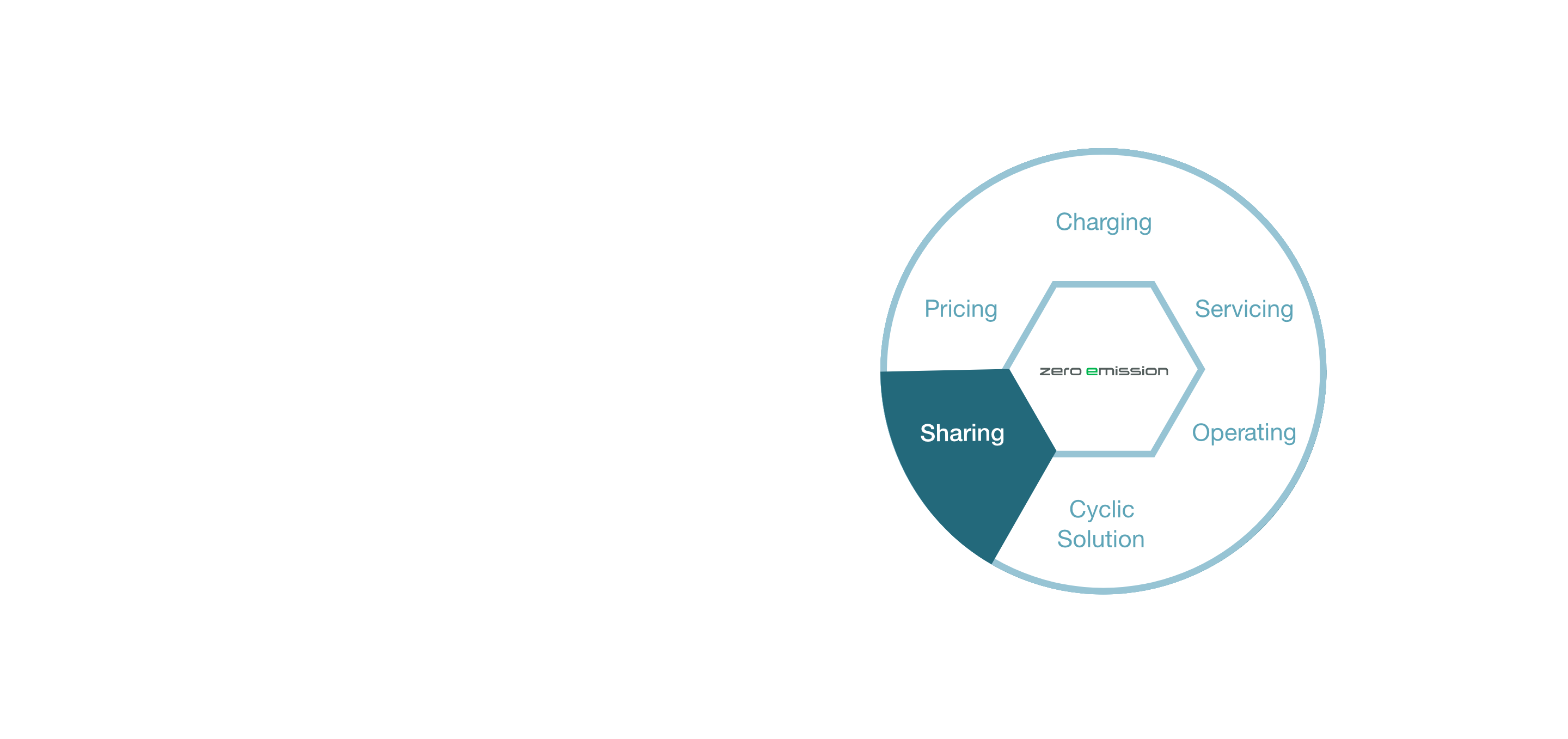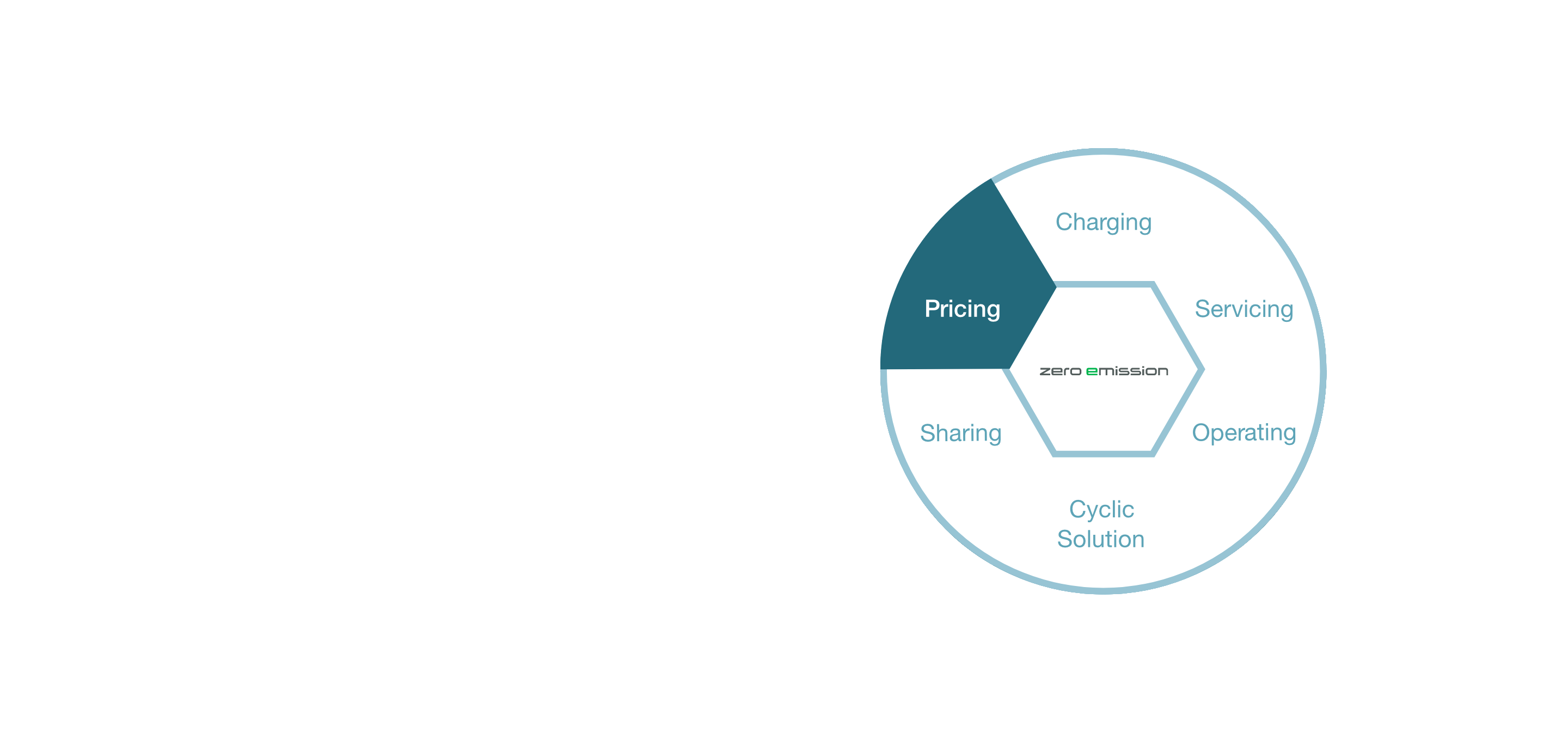Future-oriented: The zero emission ecosystem
Over ten years ago, the Wacker Neuson Group started to specialize in electric light and compact equipment – inspired by the drive to always offer each customer the best solution for their needs. Development of the first battery-powered rammer was soon followed by other electric products marketed under the zero emission label. The Wacker Neuson Group is now focused on the complete ecosystem, spanning everything from charging infrastructure and services through financing options and different usage models to battery lifecycle management.
1
No compromises
When developing the first battery-powered machines and equipment, the focus was on performance without compromise. The electric machines were designed to deliver the same performance as their conventional counterparts. In 2014, Wacker Neuson presented the world's first battery-powered rammers AS30e and AS50e as well as the 803 dual power excavator.
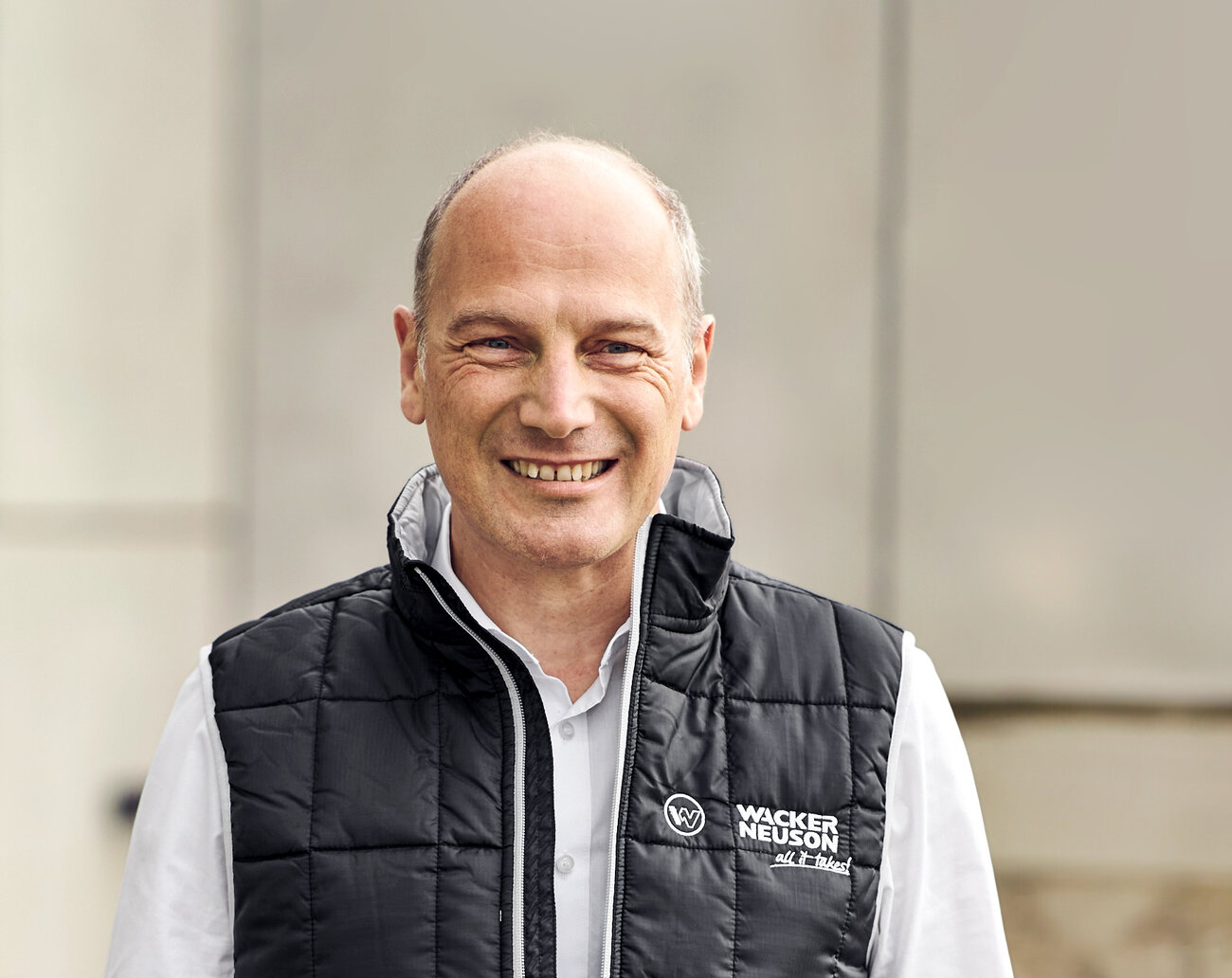
We were one of the first companies in the industry to bring battery-powered products to market.
Alexander Greschner, CSO of the Wacker Neuson Group
These products marked the beginning of the zero emission success story, positioning Wacker Neuson as a pioneer in the industry. Kramer and Weidemann expanded the range to include electrically powered wheel loaders, telehandlers and Hoftracs. Today, the Wacker Neuson Group's zero emission portfolio comprises 30 compact machines and construction equipment.
To make sure that the market accepts the new technology, every electric product must offer the same level of performance as a conventional model in the same class. This principle will continue to guide the development of further zero emission solutions in the Wacker Neuson Group in the future.
2
The zero emission construction site
A broad product portfolio offers a wide array of applications for zero emission solutions. Rammers, plates, rollers, excavators, dumpers, telehandlers and wheel loaders are all part of the E-product range, covering the entire construction process from demolition to soil and asphalt compaction.
These products have already proven their worth at many different construction sites with totally different requirements in places like Barcelona, Stuttgart and Vienna. These city-center projects have involved the redevelopment of market squares, the building of outdoor facilities and the laying of new water pipes – in each case with no direct emissions and minimal noise levels.
zero emission products are ideal not just for typical urban construction sites, but also for special settings such as night-time work in Copenhagen for laying cables in the pedestrian zone for instance. The broad portfolio of mutually complementary zero emission solutions has also risen to the occasion in more ecologically sensitive settings. Like the Swiss Alps, where they were used to landscape a mountain bike trail that is three kilometers long. Or at the Garden Center in Erfurt, Germany, where they helped to landscape a desert and jungle house for the National Garden Show (BUGa) without damaging the sensitive and exotic plants.
3
The zero emission ecosystem
Recent years have shown that e-products can and do deliver in the real world and this is resonating strongly among customers. Going forward, the Wacker Neuson Group plans to further expand and optimize its existing portfolio. But it has its sights set even higher. Widespread deployment of battery-powered equipment calls for industry standards and an end-to- end ecosystem that makes life easier for customers.
zero emission:
360° ecosystem
The Wacker Neuson Group’s zero emission portfolio is resonating strongly with the market and is being continuously expanded. This robust foundation is shifting the spotlight towards the zero emission ecosystem. This spans the charging infrastructure, services, financing options, different usage models and battery lifecycle management.
A zero emission ecosystem must include a flexible charging infrastructure. So Wacker Neuson developed the Charging Box, a power bank specifically for construction sites. This mobile station is based on lithium-ion batteries to deliver a continuous supply of energy to electrified equipment. The company also offers services such as rentals, special financing options and subsidies to make it easier for customers to transition to zero emissions.
Drawing on years of experience in zero emission technology, the Wacker Neuson Group collaborates with research institutes to develop second-life solutions, leveraging the longevity and performance of batteries even after several years of use.
“Offering battery-powered machines that deliver on site is one thing. But services and solutions for the zero emission ecosystem is where we can provide real added value to our customers,” says Alexander Greschner, CSO of the Wacker Neuson Group. “And that is what we will continue to focus on in the future.”
More Stories

The city center friendly construction site
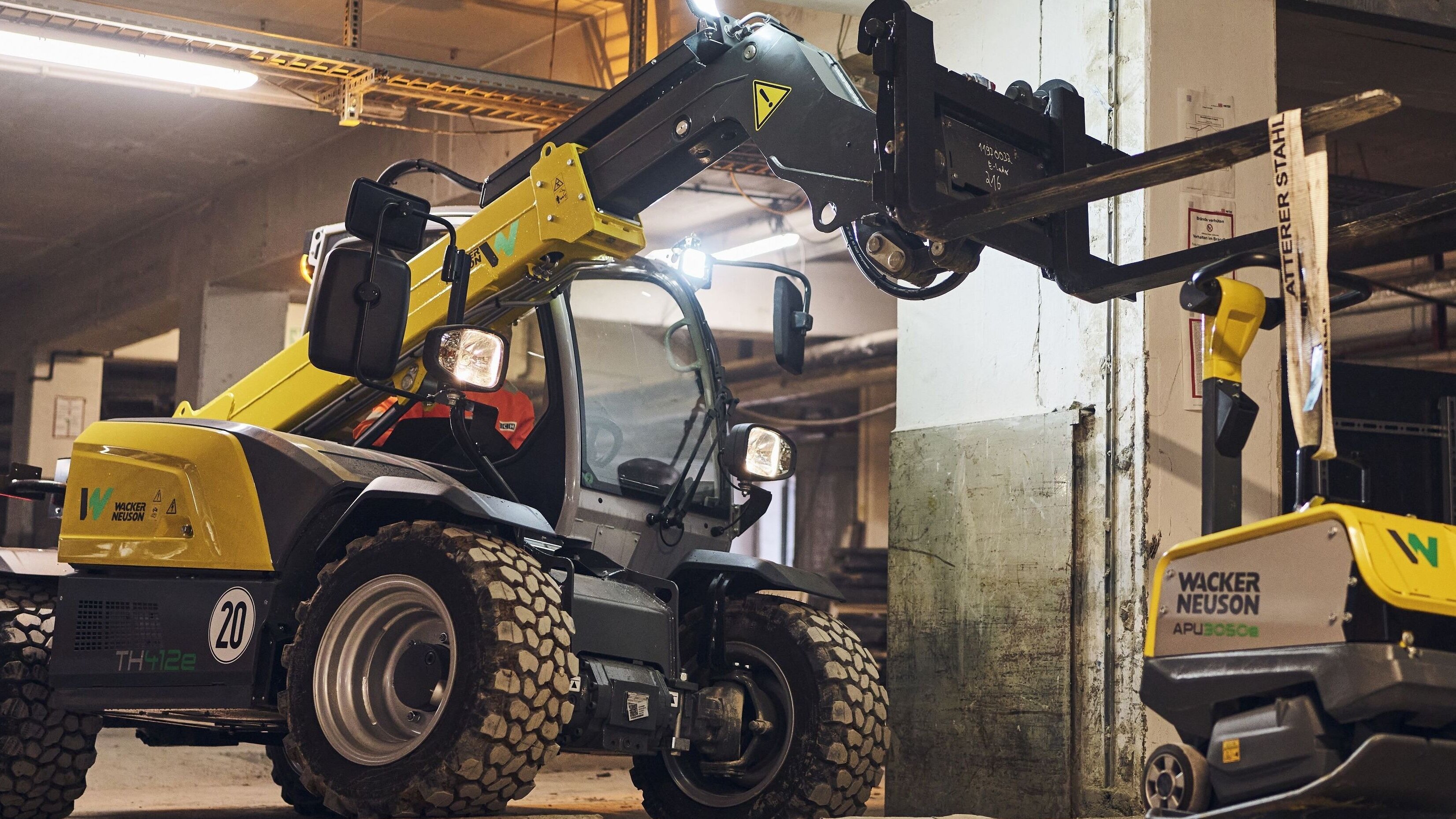
zero emission at Munich central station
